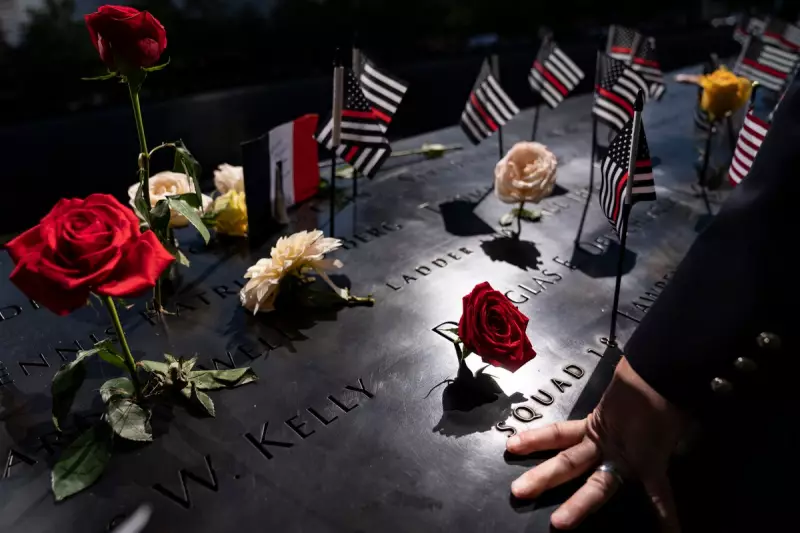
Two decades and two years have passed, yet the memory remains as sharp as the clear blue sky that once turned to ash. New York City, and indeed the world, paused on Monday to mark the 22nd anniversary of the September 11th terrorist attacks, a day that irrevocably altered the course of history.
At the heart of the remembrance, the National September 11 Memorial & Museum in Lower Manhattan held its solemn annual ceremony. The ritual of reading the names of the 2,977 victims killed in the attacks in New York, at the Pentagon, and aboard Flight 93 in Pennsylvania remains the central, poignant act of the day. Bells tolled, and moments of silence were observed at the precise times each tower was struck and fell.
A City and a Nation in Reflection
The ceremony is a powerful, silent testament to loss and resilience. For many, it is a personal pilgrimage. Relatives of the victims, now accompanied by children who never knew their parents, gather to trace the names engraved in bronze. The weight of the day is carried not just in formal events but in the quiet moments of reflection at firehouses, in town squares across America, and in the thoughts of millions worldwide who remember where they were when the world stopped turning.
The Enduring Legacy of a Single Day
The attacks of September 11, 2001, triggered a global war on terror, reshaped international security protocols, and forever changed the way we travel. But beyond the geopolitical shifts, its most profound impact is human. The anniversary serves as a stark reminder of the fragility of life and the enduring strength of the human spirit in the face of unimaginable adversity.
As new generations learn about that Tuesday morning in history books, the act of remembrance becomes ever more crucial. The stories of heroism—from the first responders who ran into the crumbling towers to the passengers on Flight 93 who fought back—continue to be passed down, ensuring that the legacy of 9/11 is not one of fear, but of courage, unity, and a steadfast commitment to never forget.





